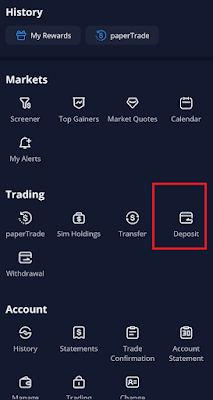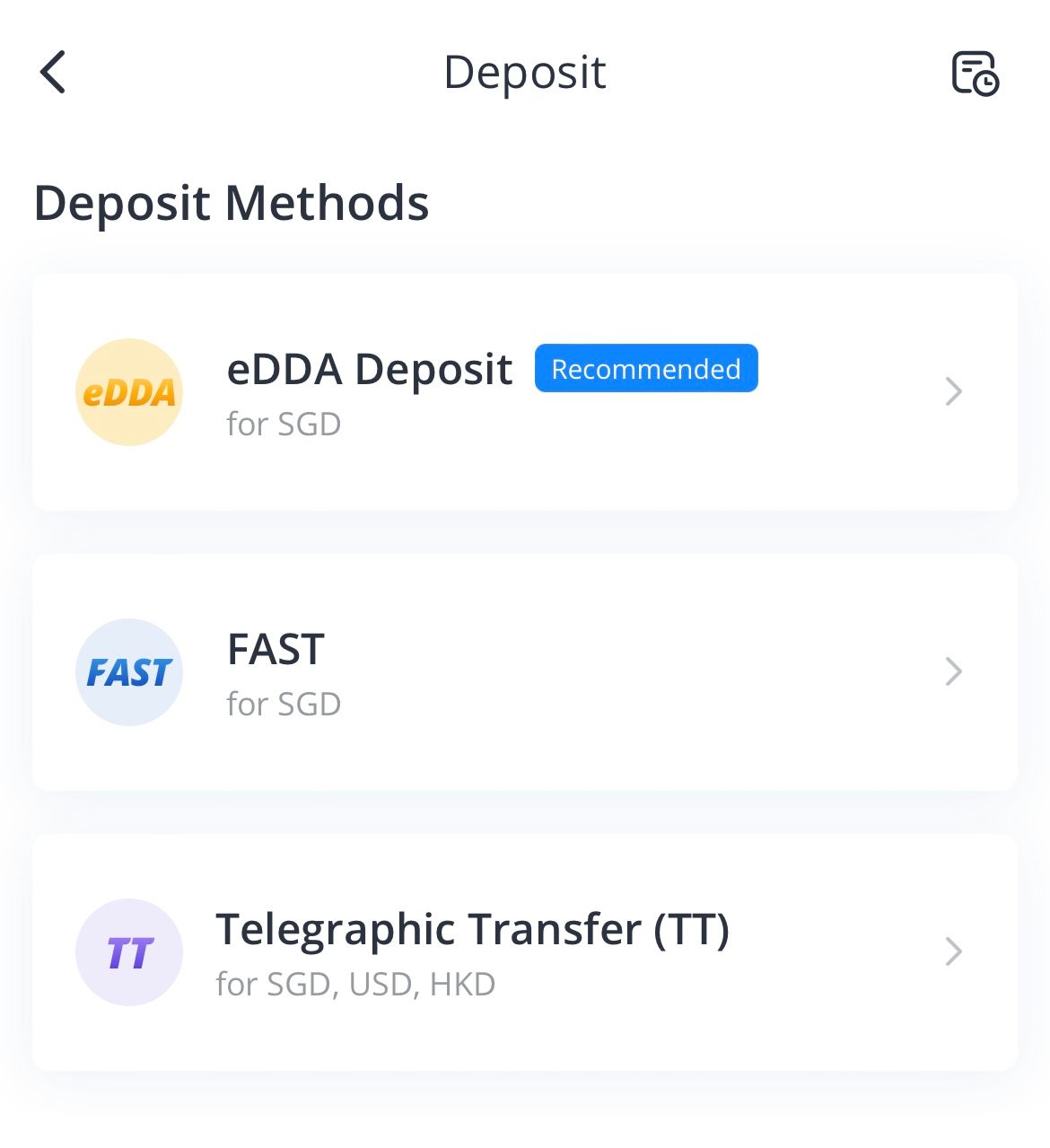Sheng Siong has trended lower in recent weeks and is now at $1.53 (Market Cap: S$2.3 billion). While it is at a 52-week low, do note this was due to Sheng Siong staying at $1.60-$1.70 levels before a decline since August 2023 brought it lower.
In my view, this could be due to the higher dividend yield demanded from Sheng Siong as risk free level rates went slightly higher. After all, the company is considered a defensive play and is often bought as a defensive dividend stock
TLDR Summary
- 4% Dividend Machine, with potential increase
- Defensive Model priced at the low end of the supermarket spectrum
- Beneficiary of Singapore's Importing of Foreigner Immigration Policy
Business Model and Growth
Sheng Siong operates supermarkets in both Singapore and China. Singapore is where Sheng Siong derives 95% of its revenue. Pricing strategy wise, Sheng Siong positions itself on the low-price spectrum on supermarket branding, thus avoiding Fairprice Finest or Jason (part of Dairy Farm Group).
Its competitors are NTUC Fairprice and Giant (Dairy Farm Group).
In Singapore, Sheng Siong has been able to grow the number of stores it operates (up 5 stores within the last 6 months). This is due to Singapore increasing its population by bringing in more foreigners, Sheng Siong has been a beneficiary of Singapore's policy of importing more foreigners. As a demand derived business, with each growth in population, a higher level of demand results for Sheng Siong's supermarket.
This has been shown in Sheng Siong's reported revenue which has been growing. In addition, as Sheng Siong has been pricing itself well, sometimes even cheaper than NTUC for a few products, customers has continued to patronise it. Singapore has a tendency to import low wages foreigners to augment its population and this has helped Sheng Siong as it is positioned as a low priced/discount supermarket.
In addition, like most supermarkets, the cash conversion cycle of Sheng Siong is low (it has a negative cash conversion cycle). This shows the business model does not need a lot of money to operate and Sheng Siong itself is lowly geared with virtually no debt. Hence it has a 70% payout ratio which is sustainable.
Dividends
The company has a payout ratio of 70%. Due to its business model with little cash needs and being lowly geared, Sheng Siong is definitely able to sustain the 70% payout ratio.The question is on its earnings.
Earnings wise, other than its spike in FY2020 profits due to improvement in margins, profits have remained at the S$130 million level. For FY2023, despite a revenue increase, Sheng Siong's margin has fallen, however, it was still able to clock in S$65 million for the first 6 months.
Hence a s$130 million profit for FY2023 is definitely achievable. Using a 70% payout ratio, this means s$91 million in dividends. At its current share price, this points to Sheng Shiong as a 4% dividend machine. With improvement in margins and growing Singapore population, Sheng Siong's profits are poised to rise and in the future, it will give more dividends. A 4% dividend today could be 5% in a few years time.
My Thoughts
With Singapore's growing population due to its immigration policy, Shen Siong's 4% dividend yielding capability is indeed good. In my view, buying the company now is not just buying a 4% dividend machine but into the future, it will be a 5% dividend machines (due to growing earnings)
While I won't advise using cash to invest in Sheng Shiong, unless you are an old investor or one who is aiming for dividends investing, Sheng Siong is a good stock to own under the CPF Investment Scheme where individuals can use their CPF OA money to buy stocks. A 4% dividend company like Sheng Siong is definitely better than keeping money in CPF OA.
With that in mind, I will start considering investing my CPF OA money in Sheng Siong to take advantage of its growth prospects, negative cash conversion cycle and impressive dividends.
The publication of my posts is solely for informational purposes and is not to be construed as a solicitation or financial advice as I am not a certified financial adviser. My analysis on companies covered are not an offer to buy or sell any stocks and I encourage readers to do your own "due diligence" before investing.














